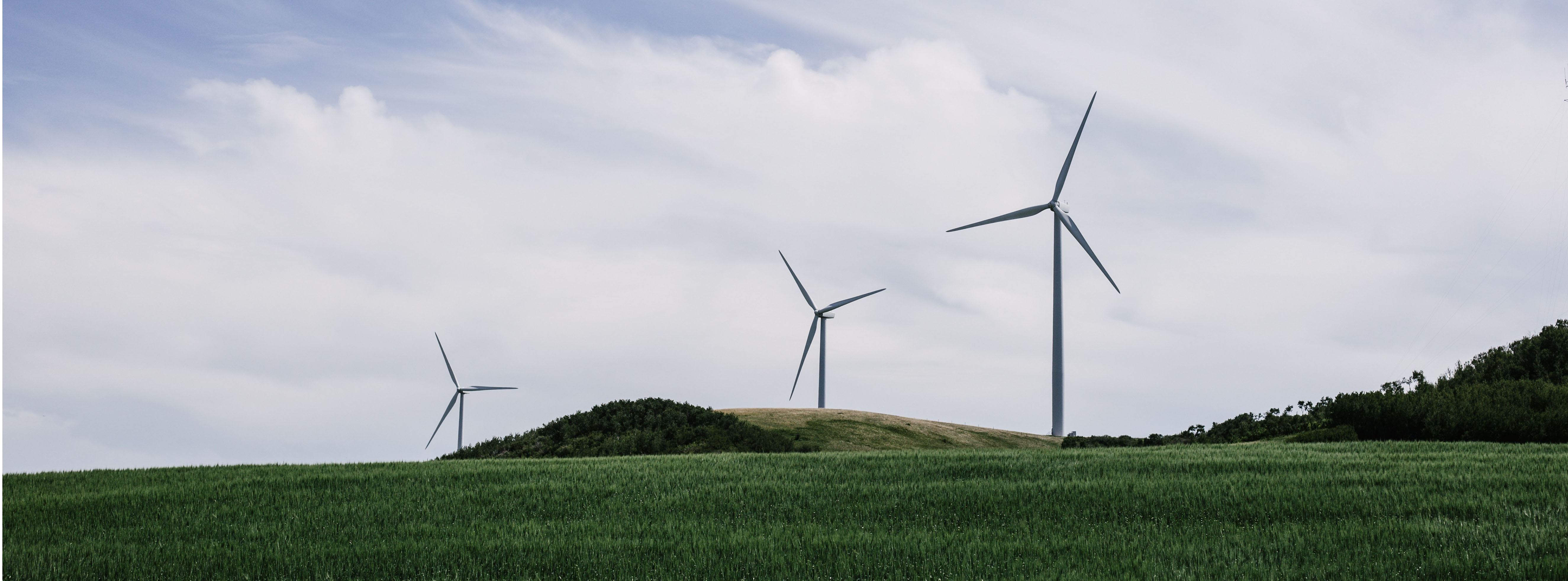
To ensure we have a reliable supply of Electricity and to help meet the carbon neutral target of 2050, huge investments are required in infrastructure and schemes to encourage renewable generation.
Through the Feed in Tariff (FiT), which was launched in 2010, there was an incentive for the investment in small scale renewable projects, for example, installing Solar Panels or Wind Turbines. Contracts lasting up to 25 years with very attractive returns for the amount of Electricity generated and exported to the grid were available. Payments to generators are recovered by adding the cost to everyone’s Electricity bills but are likely not visible as they are rolled in with all the other charges.
Having achieved its purpose, but by placing a growing financial burden on consumers, the scheme was closed to new projects on 31st March 2019, but continues for those already contracted.

After some delay, the replacement was announced. The Smart Export Guarantee (SEG) formally started 1st January 2020, although some suppliers saw an opportunity to offer products early.
Whereas the FiT pays an amount for Electricity generated and exported, the cost being met by consumers, the SEG requires energy suppliers with more than 150,000 domestic customers to offer a product, paying for the amount of Electricity exported only.
The FiT scheme pays an attractive rate for all generation and will continue to do so for the life of the contracts already in place. However, the SEG does at least help and reward people to go Green, just with less of a financial incentive.
With the installation of millions of Smart Meters for Import supplies, these also allow actual export kWh to be recorded and paid, rather than the crude calculation used under FiT. This is another reason to contact your energy supplier and book a replacement Import meter. Both SMETS1 and 2 meters should be suitable (although we’d recommend SMETS2 so you can switch supplier in the future without losing functionality).
Suppliers are now competing to buy the surplus Green energy exported from these projects, in some cases offering rates which are comparable to the final FiT export rate of 5.38 p/kWh. Other suppliers appear to be simply meeting obligations, with little ambition to drive Green growth.
As is often the case, some providers will make the registration process quicker and less painful than others, which is another consideration. New installations will require a new Export MPAN, which your supplier should take care of, when provided with relevant details.
At Indigo Swan we are monitoring the contracts on offer, which vary in length, price, payment frequency, whether fixed or variable and if they stipulate the need to use the same supplier for your Import supply, to obtain a more attractive rate.
The SEG includes the provision to export Green energy stored in a battery. There are other more sophisticated products which will make the decision when to use generated power on-site or export what you have stored in your battery, to look at the best financial return.
The large-scale storage of Electricity has a long way to go, but the potential for millions of batteries sitting in homes, ready to export to the grid on demand is an exciting one, especially with the likely additional demand placed on the network by the charging of Electric Vehicles (EV).
Please get in touch if you would like any further information or would like to speak to us about the options available to you.
"Indigo Swan were professional but with a personable approach. Their market knowledge allowed me to enter new contracts with confidence, this was something I was unable to do with my previous broker."
Joanna Thornton, Estate Manager
"The experience behind the Indigo Swan team, their passion and integrity were all important to us. They clearly understood the market and could provide the best advice. "
Phil Riseborough, Head of Facilities
"We’ve worked with other energy consultants, but with Indigo Swan we get real integrity and service that is way beyond our expectations. We have already saved over £120k."
Jason Wakefield, Procurement Manager
| Cookie | Duration | Description |
|---|---|---|
| TawkConnectionTime | session | Tawk.to, a live chat functionality, sets this cookie. For improved service, this cookie helps remember users so that previous chats can be linked together. |
| Cookie | Duration | Description |
|---|---|---|
| SRM_B | 1 year 24 days | Used by Microsoft Advertising as a unique ID for visitors. |
| Cookie | Duration | Description |
|---|---|---|
| CONSENT | 2 years | YouTube sets this cookie via embedded youtube-videos and registers anonymous statistical data. |
| MR | 7 days | This cookie, set by Bing, is used to collect user information for analytics purposes. |
| _ga | 2 years | The _ga cookie, installed by Google Analytics, calculates visitor, session and campaign data and also keeps track of site usage for the site's analytics report. The cookie stores information anonymously and assigns a randomly generated number to recognize unique visitors. |
| _gat_gtag_UA_12371872_1 | 1 minute | Set by Google to distinguish users. |
| _ga_* | 1 year 1 month 4 days | Google Analytics sets this cookie to store and count page views. |
| _gcl_au | 3 months | Provided by Google Tag Manager to experiment advertisement efficiency of websites using their services. |
| _gid | 1 day | Installed by Google Analytics, _gid cookie stores information on how visitors use a website, while also creating an analytics report of the website's performance. Some of the data that are collected include the number of visitors, their source, and the pages they visit anonymously. |
| Cookie | Duration | Description |
|---|---|---|
| ANONCHK | 10 minutes | The ANONCHK cookie, set by Bing, is used to store a user's session ID and also verify the clicks from ads on the Bing search engine. The cookie helps in reporting and personalization as well. |
| MUID | 1 year 24 days | Bing sets this cookie to recognize unique web browsers visiting Microsoft sites. This cookie is used for advertising, site analytics, and other operations. |
| test_cookie | 15 minutes | The test_cookie is set by doubleclick.net and is used to determine if the user's browser supports cookies. |
| VISITOR_INFO1_LIVE | 5 months 27 days | A cookie set by YouTube to measure bandwidth that determines whether the user gets the new or old player interface. |
| YSC | session | YSC cookie is set by Youtube and is used to track the views of embedded videos on Youtube pages. |
| yt-remote-connected-devices | never | YouTube sets this cookie to store the video preferences of the user using embedded YouTube video. |
| yt-remote-device-id | never | YouTube sets this cookie to store the video preferences of the user using embedded YouTube video. |
| yt.innertube::nextId | never | This cookie, set by YouTube, registers a unique ID to store data on what videos from YouTube the user has seen. |
| yt.innertube::requests | never | This cookie, set by YouTube, registers a unique ID to store data on what videos from YouTube the user has seen. |
| Cookie | Duration | Description |
|---|---|---|
| CLID | 1 year | No description |
| SM | session | No description available. |
| twk_idm_key | session | No description |
| _clck | 1 year | No description |
| _clsk | 1 day | No description |
